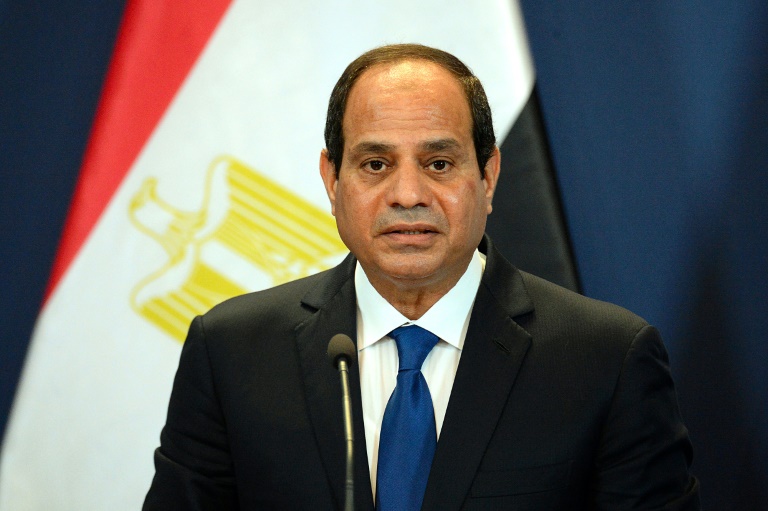Egypt needs “tough measures” to fix its battered economy, President Abdel Fattah Al-Sisi said at a leadership conference on Monday. “The problem is whether public opinion is prepared to accept the measures which could be tough or harsh,” Sisi said. The president went on to say that, nevertheless, “the next few days will see a lot of good news for the Egyptian people” and that Egyptians will “soon” be able to get their hands on dollars at a unified rate. Egypt’s government is currently negotiating a USD 21 billion loan agreement with the International Monetary Fund, which will see through a number of measures to reform the economy. Among the measures the government will introduce are subsidy cuts, the privatization of state-owned companies and tax reforms, including the value-added tax that has faced resistance in Egypt’s parliament. In a bid to ease Egyptians’ concerns that the IMF is imposing “conditions,” Finance Minister Amr El-Garhy said in an interview on Tuesday that the loan “is to help realize the reforms Egypt has had in place years ago.” Last week, Egypt’s Prime Minister Sherif Ismail said that the Central Bank Governor and the Minister of Finance are…
‘Tough Measures Needed’ to Fix Egypt’s Economy, Says President Sisi
August 1, 2016




